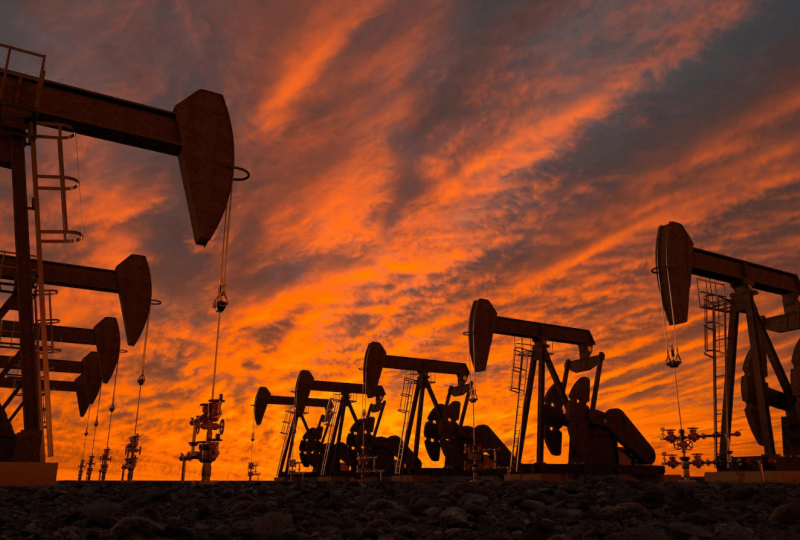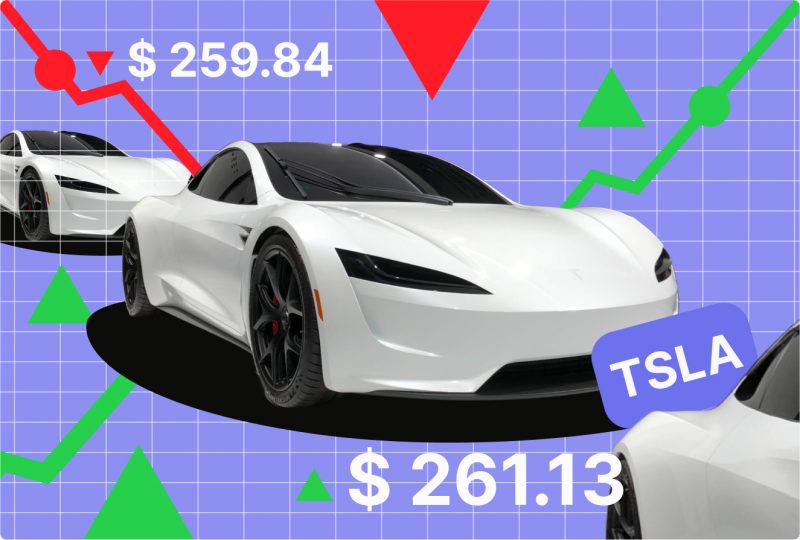Biden is Risking an Oil-Price War
Nov 27, 2021

President Biden's decision to release oil from a national reserve should bring some comfort to drivers who are paying an average of $3.50 per gallon to fill up. The recovery from the economic slump has been slowed by a 50 percent increase in gasoline costs over the last year, angering drivers. Gas prices will be pushed lower as more oil is released into the market.
However, there is a chance that the strategy will backfire. Biden requested oil-exporting countries in the Middle East and elsewhere to pump more oil throughout the summer. They said no. Oil prices of $70 per barrel or above are typically preferred by members of the OPEC+ cartel, as this maximizes revenue. More supply would bring costs down from their present level of roughly $80. Major oil producers like Russia and Iran have little interest in doing Biden a favor, and even friends like Saudi Arabia and Iraq want to maximize oil earnings following a period of low prices that saw prices as low as $20 per barrel.
The OPEC+ countries have planned a 400,000-barrel-per-day supply increase, but this would only raise world supplies by half a percent, significantly less than Biden desired. During the next several months, Biden aims to discharge 50 million barrels from the US stockpile. The Biden administration is also working with the United Kingdom, China, India, Japan, and Korea to release millions of barrels from their own stockpiles. None of the countries are members of OPEC+.
The agreement represents a type of showdown between oil-consuming countries and oil-producing countries. If OPEC+ keeps pumping at its current levels, the extra supply will decrease oil prices, as Biden wants. OPEC+, on the other hand, might reduce its own supply in order to keep or raise prices. In a Nov. 22 report, the Eurasia Group stated, "This creates the threat of a disruptive stalemate pitting large producers headed by OPEC+ against huge consumers led by the US." "Each side's countervailing efforts are expected to heighten volatility, resulting in seesawing oil prices and increasing uncertainty."
Biden is clearly concerned about domestic issues. Unexpected inflation, fueled by soaring energy costs, has tarnished Biden's brand and sunk his support ratings. Big oil-producing countries, on the other hand, are concerned about price stability and longer-term trends that might reduce oil demand and prices. Covid outbreaks continue to spread over the world, putting the global economy and commodity price recovery in jeopardy. Another major drag on demand is the tapering down of stimulus programs in the United States and other nations. Furthermore, several countries are promoting green-energy laws that signal the long-term demise of fossil fuels.
The OPEC+ countries are meeting in early December, and it is likely that they will confirm the agreement to progressively increase supplies by 400,000 barrels per day. However, as the cartel considers how to respond to Biden's action, that event might suddenly have a different outcome. A dovish reaction would be no change in plans, implying a willingness to accept somewhat lower pricing, at least for the time being. However, the cartel might surprise markets by cutting output, undermining Biden's effort by driving up prices.
Biden's decision to release oil from the US stockpile has additional peculiarities. The United States, not Russia or Saudi Arabia, is the world's largest oil producer. Biden, on the other hand, hasn't "asked" American drillers to produce more, most likely because it would appear to be in direct opposition to his aggressive green-energy strategy. As a free-enterprise democracy, the United States does not assert government control over the energy industry. Congress might enact further tax credits or other incentives for fossil-fuel extraction, but the Biden Build Back Better legislation is now exploring the reverse.
Oil prices are still impossible to manage for any politician. To address supply shortfalls caused by disturbances in Libya, President Barack Obama released 30 million barrels of oil from the US reserve in 2011. Prices fell for a short time, but six months later they were higher than before. OPEC, on the other hand, has a history of strained relations among its members and a lack of discipline in enforcing production quotas, since some countries starving for cash produce more than is required.
The classic solution for higher oil prices is higher oil prices, because the allure of higher earnings encourages producers to produce more, boosting supply and lowering prices. However, a new twist is the worldwide push for green energy, which is stifling investment in new rigs and the reopening of closed wells. As a result, Biden finds himself in a difficult position of seeking more oil today while preaching against its ultimate obsolescence. Whatever it takes to keep American motorists pleased.




